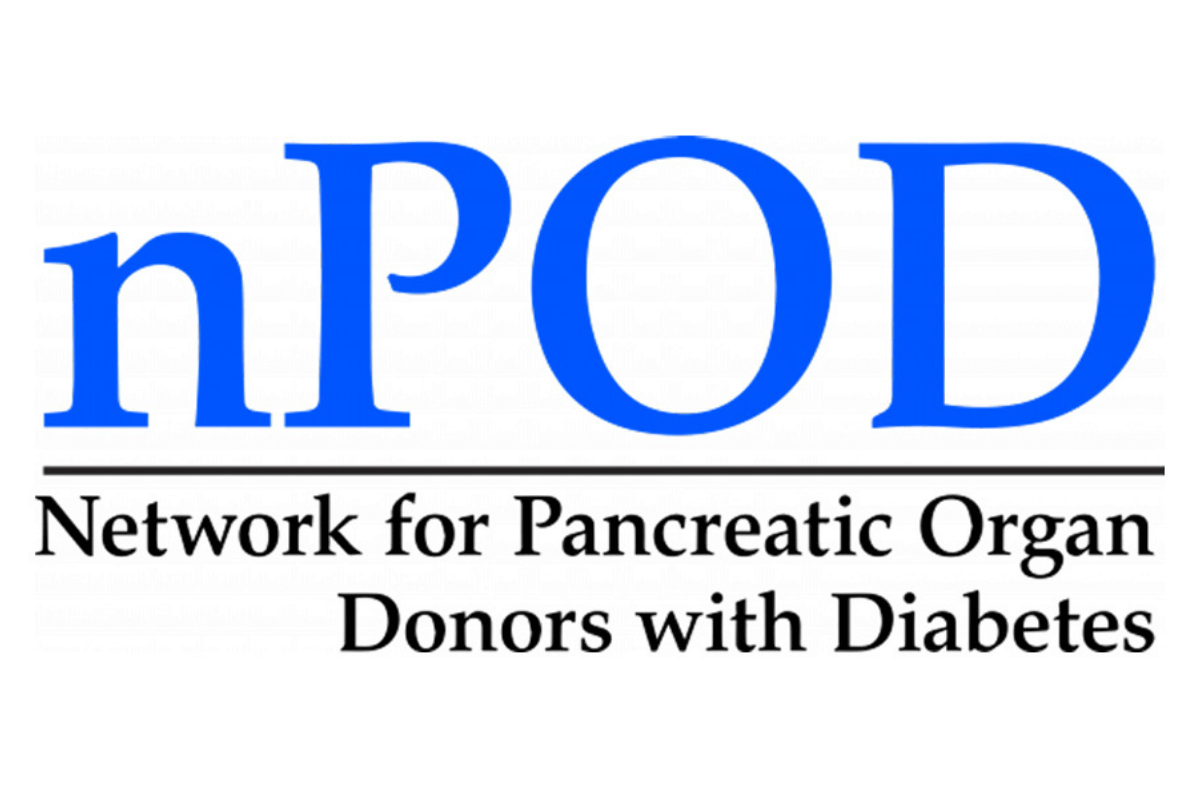
Leading researchers from around the world will gather for the 16th annual meeting of the Network for Pancreatic Organ Donors with Diabetes (nPOD), taking place from February 19-22 in Long Beach, California. The latest advances—using nPOD samples—will be discussed, including:
- Enhanced T Cell Receptors: There are several presentations on T cell receptors (TCRs)—which recognize a foreign substance and cause the T cell to attack—to restore immune tolerance in T1D. Immunocore, a company with an investment from the Breakthrough T1D T1D Fund, will present on ImmTAAI, a TCR that binds to the beta cell with an antibody that down-regulates the immune system. Also with support from the T1D Fund is Abata Therapeutics, which will present on their TCR that will restore immune tolerance by bringing regulatory T cells to the islet cells and promote immune suppression.
Since it was established in 2007 with a $7 million grant from Breakthrough T1D, nPOD has collected and processed more than 50,000 tissue samples from organ donors who had or were at increased risk for T1D, and has provided, without cost, these tissues to researchers around the world.
- Change the Current Staging Model: In a Breakthrough T1D-support-bonanza, going back to 1992 with a postdoctoral fellowship to Alberto Pugliese, M.D.—who is now the co-director of nPOD—we will hear from several investigators who will debate on when T1D begins and whether we should modify the current staging model. The current staging model has three parts: Stage 1 is the presence of 2+ autoantibodies—antibodies against one’s own body—but blood sugar is normal; Stage 2 is 2+ autoantibodies and the blood sugar is abnormal; Stage 3 is the onset of clinical symptoms. We can’t wait to hear the outcome of this discussion!
- Clinical Trials: Breakthrough T1D staff Esther Latres, Ph.D., vice president of research at Breakthrough T1D, and Josh Vieth, Ph.D., director of research focusing on disease-modifying therapies, are co-chairing a session on clinical trials. Breakthrough T1D-funded Tim Tree, Ph.D., will present on a test to determine islet-specific T cells; Melanie Shapiro, Ph.D., who has a Breakthrough T1D postdoctoral fellowship, will discuss immune risk and changes to the TCR repertoire; Carla Di Dedda, Ph.D., will present on her Breakthrough T1D grant on the glucose transporter GLUT1; and Guido Sebastiani, Ph.D., will discuss microRNAs—which play an important role in regulating gene expression—associated with T1D.
Keep up with the latest updates and exciting news from the nPOD annual meeting on Facebook (@myJDRF), X (formerly Twitter) (@JDRF), and LinkedIn.